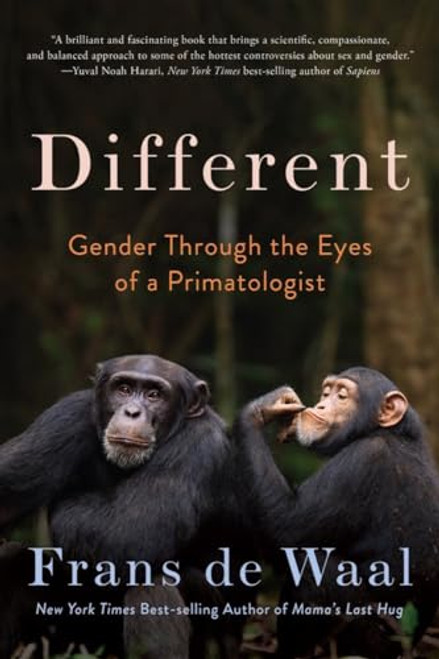The early American West has been depicted in art as a land of harsh struggles, a place of heavenly miracles, and everything in between. Different Travellers, Different Eyes records impressions of life on the nineteenth-and early twentieth-century American frontier by twenty-one artists better known for their paintings, sculptures, and photographs. Most but not all the selections come from journals or diaries kept during trips to the West.
Thomas Moran, for instance, notes what others must have felt, that the impression then made upon me by the stupendous and remarkable manifestations of nature's forces will remain with me as long as memory lasts. That impression of grandeur echoes the vast and dramatic canvasses Moran created on his trips west.
Different Travellers, Different Eyes is not an art-history book. The narrators are not art historians. Their works adorn the walls of museums, fill the pages of art books, fetch large sums at auction, and (as reproductions) illustrate histories of the early American West. Chances are slim, however, that the casual reader has read a word these artists wrote. This gathering brings the best of this literary art out of the shadows.
Thomas Moran, for instance, notes what others must have felt, that the impression then made upon me by the stupendous and remarkable manifestations of nature's forces will remain with me as long as memory lasts. That impression of grandeur echoes the vast and dramatic canvasses Moran created on his trips west.
Different Travellers, Different Eyes is not an art-history book. The narrators are not art historians. Their works adorn the walls of museums, fill the pages of art books, fetch large sums at auction, and (as reproductions) illustrate histories of the early American West. Chances are slim, however, that the casual reader has read a word these artists wrote. This gathering brings the best of this literary art out of the shadows.











